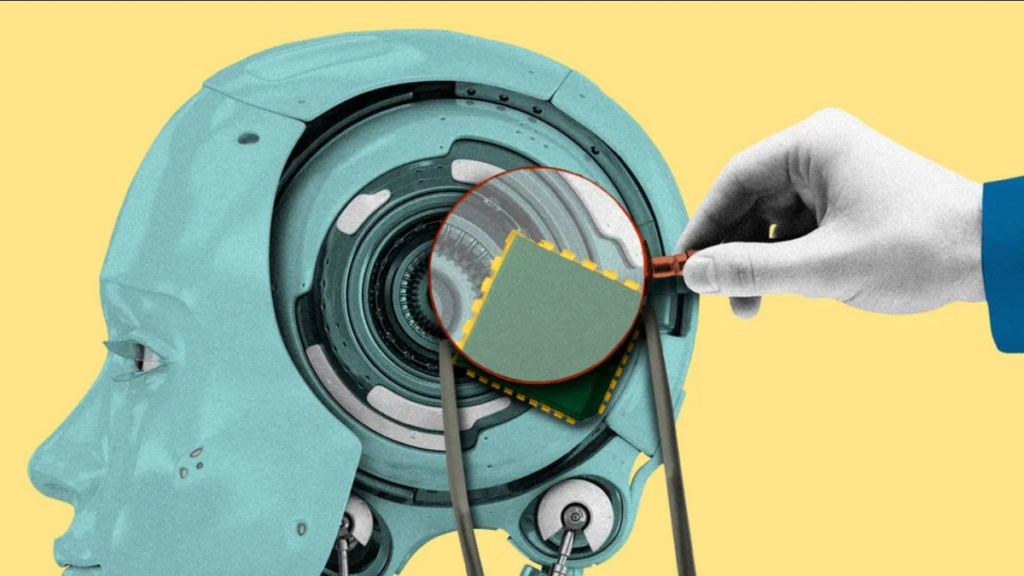In “Permutation City,” a novel by Greg Egan, the character Peer achieves immortality within a virtual domain he controls completely, only to discover the ennui of endless possibility. He dabbles in diverse passions, from advanced mathematics to opera composition, yet finds his interest waning to the point where even the afterlife ceases to captivate him, leading him to muse on mundane subjects like table legs. This narrative thread explores a profound question: when technological advancements have addressed our most fundamental challenges, what pursuits remain to captivate our interest?

This question forms a central theme in a new book by Nick Bostrom, a philosopher at the University of Oxford, whose previous work posited a significant risk of human extinction within a century, potentially due to the rise of advanced artificial intelligence (AI). In his latest work, “Deep Utopia,” Bostrom contemplates the opposite outcome: the ramifications of an extraordinarily successful AI evolution. He presents scenarios where AI not only accomplishes all economically valuable tasks at minimal cost but also excels in roles traditionally viewed as inherently human, such as parenting, suggesting a future that might appear more dystopian at first glance, yet Bostrom argues for its utopian potential.
The initial scenario Bostrom offers is termed a “post-scarcity” utopia, envisioning a reduction in human labor necessity. Echoing John Maynard Keynes‘s vision of a future where his descendants would work merely 15 hours a week—a prediction not fully realized yet, as evidenced by the decrease in work hours from over 60 weekly in the late 19th century to under 40 today. Americans currently devote a third of their wakeful hours to leisure and sports, a figure that could rise as future generations engage with experiences beyond our current understanding, enhanced by advanced technology, as Bostrom suggests.
However, the idea of a “post-scarcity” utopia might not account for the limitations imposed by physical resources, such as land, despite potential expansions through space exploration. Even as humanity might not venture into space-faring realms, the accumulation of wealth could still be significantly impacted by housing costs, similar to trends in affluent nations today.
“Positional goods,” items that elevate their owners’ status due to their scarcity, would likely persist, maintaining their value even if AI surpasses human capabilities in creativity, intellect, and athletics. The desire for humans to outdo each other, securing tickets to premier events, for instance, could endure as wealth grows, in line with Fred Hirsch‘s 1977 assertion that the pursuit of such goods would intensify as affluence increases.

Bostrom acknowledges that certain competitive aspects might stem from a failure to coordinate for mutual benefit, yet he also recognizes the intrinsic value in some competitive activities, such as sports. Interest in activities like chess has surged even after AI victories over human champions, and e-sports, where AI consistently outperforms humans, continue to thrive, forecasting significant revenue growth.
Looking at present-day societies gives us clues to potential future leisure pursuits, with various groups today indulging in arts, self-reflection, athletics, or a blend of these activities upon retirement.
Addressing whether tasks like parenting could ever be fully entrusted to AI, Bostrom ventures beyond the “post-scarcity” scenario to a “post-instrumental” reality where AI could indeed excel in child-rearing. Echoing Keynes‘s concern that a future of abundance and leisure might be daunting for humanity, conditioned for striving over enjoyment, and the biblical warning against idleness, Bostrom touches upon the “paradox of progress“: the risk of losing purpose in a world where technology fulfills our every need.
This presents a dilemma on the sustainability of human contentment in constantly shifting interests, akin to Peer’s experience in “Permutation City.” The longstanding economic belief in humanity’s insatiable desires and wants suggests a myriad of consumptive possibilities awaiting exploration in an AI-driven utopia. The ultimate test of this belief holds profound implications for our future.







